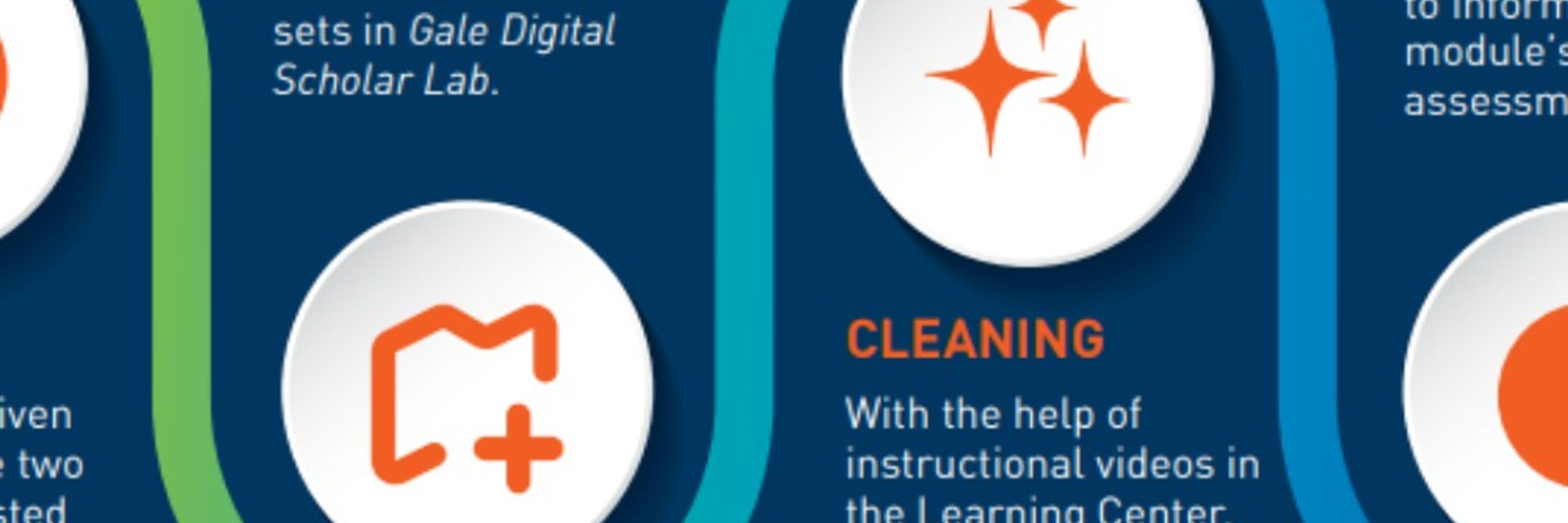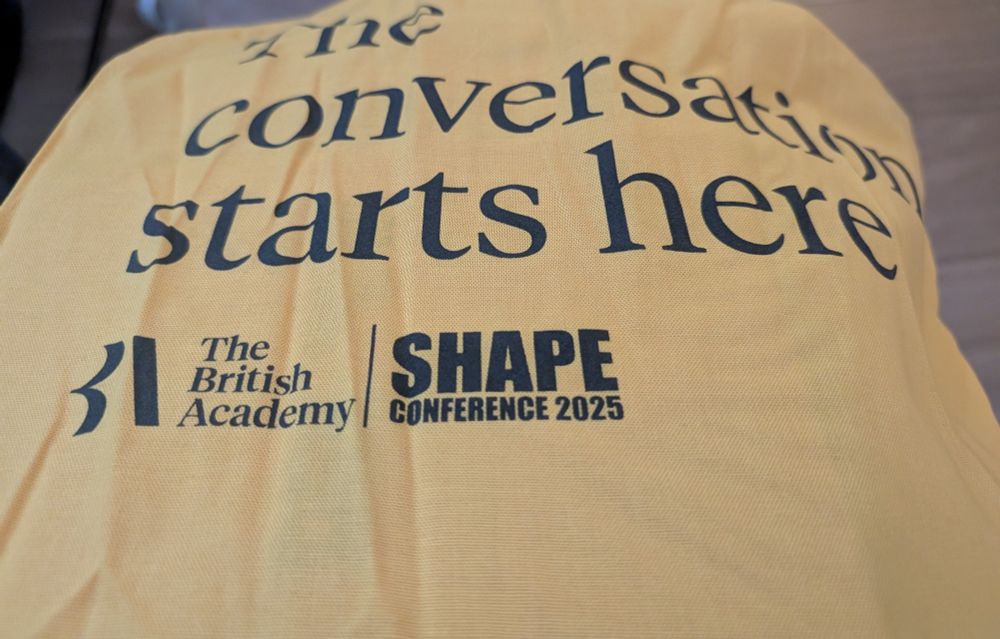
All views my own. He/him

If these don't illustrate the need for robust humanities education, I don't know what does.
Gale will continue to support the humanities as they educate students for the challenges of the 21st century.
www.gale.com/binaries/con...

If these don't illustrate the need for robust humanities education, I don't know what does.
Gale will continue to support the humanities as they educate students for the challenges of the 21st century.
www.gale.com/binaries/con...
In the example below, we can see that faded ink in the original doc means the word 'Billingsgate' is unclear, and has been captured as 'Butinfge/.e.', helpfully.
No matter how good the archives is, there could be instances where your word doesn't appear because it has been mis-OCRd.


In the example below, we can see that faded ink in the original doc means the word 'Billingsgate' is unclear, and has been captured as 'Butinfge/.e.', helpfully.
No matter how good the archives is, there could be instances where your word doesn't appear because it has been mis-OCRd.
Never fear- most digital archive results pages will give options to filter results, which is basically adding bits on to your original search.
A good strategy is to start wide, get as many docs as possible so you miss as little as possible, then narrow.

Never fear- most digital archive results pages will give options to filter results, which is basically adding bits on to your original search.
A good strategy is to start wide, get as many docs as possible so you miss as little as possible, then narrow.
Search in Digital Archives usually supports Boolean search. AND, OR and NOT, to you and me.
Getting familiar with them Boolean operators will improve your research efficiency 100x.
In Gale's Adv. Search, the Search Tips box is well worth 30 secs of your time:

Search in Digital Archives usually supports Boolean search. AND, OR and NOT, to you and me.
Getting familiar with them Boolean operators will improve your research efficiency 100x.
In Gale's Adv. Search, the Search Tips box is well worth 30 secs of your time:
First, Basic Search is for babies. It's there because most user feedback asks for a Google-type interface, so we include it. Unfortunately archive research isn't like shopping for home insurance.
Real Researchers use the Advanced Search.

First, Basic Search is for babies. It's there because most user feedback asks for a Google-type interface, so we include it. Unfortunately archive research isn't like shopping for home insurance.
Real Researchers use the Advanced Search.
Publishers are mega-motivated to make their digital archive accessible.
Look for the Learning Center - these are goldmines for context, tips, sample searches, user guides and more.

Publishers are mega-motivated to make their digital archive accessible.
Look for the Learning Center - these are goldmines for context, tips, sample searches, user guides and more.
HE comms can be bad. You might not get told when the library buys new archives. Guess what? Publishers want you to know what you've got so you can use them.
Search for a site like this: support.gale.com where you can find your institution and get a list of archives:

HE comms can be bad. You might not get told when the library buys new archives. Guess what? Publishers want you to know what you've got so you can use them.
Search for a site like this: support.gale.com where you can find your institution and get a list of archives:
Does that seem to be the one? I just searched:

Does that seem to be the one? I just searched:

